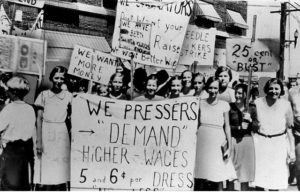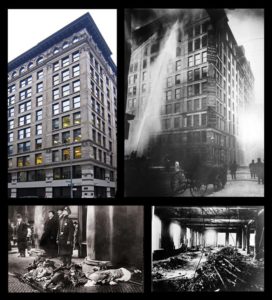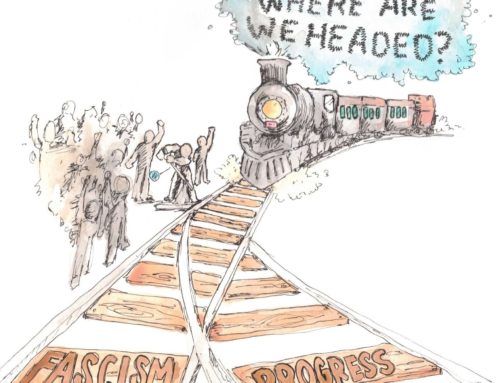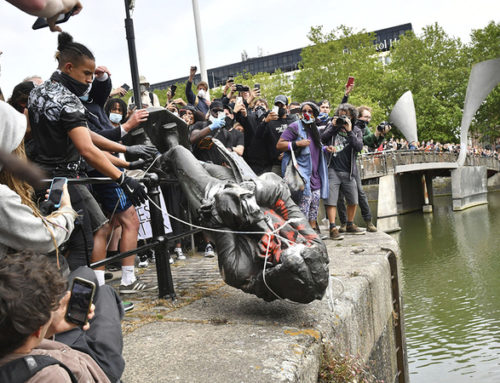How the Feminist Movement Lacks Recognition of Class Struggle
March is Women’s History Month. For thirty-one days, social media platforms and television networks have celebrated the accomplishments of female scientists, artists, CEOs, and more. Broad discussions of popular feminist talking points set the stage for numerous demonstrations of “how far we’ve come,” but the root of International Women’s Day and its concomitant month of commemoration is still obscured. The very first International Working Women’s Day was established in 1910 by a conference of women’s unions, socialist parties, and leftist organizers. While these origins aren’t entirely ignored, the years of class struggle that lead up to it and the decades of resistance that have followed are.
Despite the world-wide movement that sparked International Working Women’s Day, working conditions were still generally unbearable in the early 20th century. On March 25th, 1911 the Triangle Shirtwaist Factory Fire occurred. It was the deadliest industrial disaster up to that date and caused the death of 146 garment workers. Doors had been locked by factory owners to prevent workers from taking breaks, causing many of them to jump from the roof as their only means of escape. It’s important to be aware that this was not the first or only fire to happen in a factory; but this specific fire caused an outrage. The tragedy helped reveal the deplorable conditions these women were working in.
Nowadays, all this history is forgotten and erased from the “celebration” of March 8th and Women’s History Month. In 1975, the UN inaugurated March 8th as “International Women’s Day,” distancing it from its true meaning in order to avoid the working class. Progressive venues were mainly forgotten because of petty-bourgeois deviationists. Discussions go on concerning “feminism” instead of the consolidation of working-class unity. Working class and low-income women don’t have many options but to stay in situations of exploitation and abuse. In our times, we see movements like #MeToo and #TimesUp which, despite being necessary, fail to recognize the working class.
Any form of identity politics on its own, feminism included, will always obscure the working class because it is objectively, even if inadvertently, a bourgeois perspective. History has advanced to show us that to be truly progressive at this moment, a class perspective is needed. Otherwise, movements like #MeToo will consistently serve bourgeois women who benefit off the continued exploitation of working class people. We need this class unity to address sexism, misogyny, racism, transphobia, and the moment we face of capitalism in crisis and the consolidation of fascism.
It’s crucial for us to understand and learn our history to be able to build substantial movements. If we don’t, we are bound to fail. It’s important to see how “feminist” movements seem to reform capitalism and not recognize how this is the root of all our issues.
Let’s build a movement again and fight for women all over the world. Fight for them to have the right to a living wage, the right to safe workspaces, the right for bread and roses.

Members of Batay Ouvriye, a working class organization that demands justice in Haiti, specially on textile factories.







